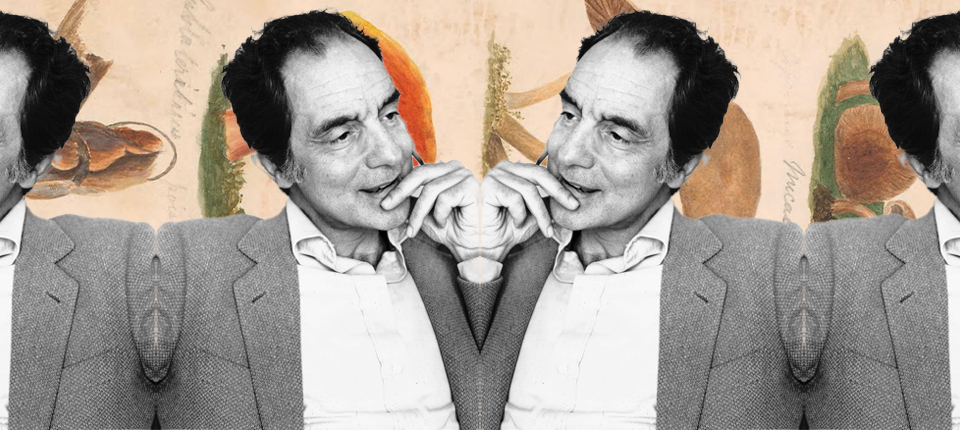The Best of the Literary Internet, Every Day

TODAY: In 1985, Italo Calvino dies.
- “For making our lives better, we might allow the beavers simply to live.” Why humans and beavers could be the ultimate environmental collaborators. | Lit Hub Nature
- Kornel Chang examines the tragically unfulfilled promise of Korea’s Asian Spring, from his Cundill Prize-shortlisted A Fractured Liberation. | Lit Hub History
- Angela Flournoy’s The Wilderness, Jill Lepore’s We the People, and Samanta Schweblin’s Good and Evil all feature among the best reviewed books of the week. | Book Marks
- On the untapped comedic potential of writing about Catholicism: “The delight of these Catholic comedians is that they don’t take their religion too seriously.” | Lit Hub Religion
- Karen Palmer explores solitude, motion, and the writing benefits of being on the road. | Lit Hub Craft
- “These are owl woods and always will be unless something is done to remove them.” Adam Nicolson meditates on the secrets and presence of tawny owls. | Lit Hub Nature
- “Our mother’s last words were ‘LCI.’ The last words of her life.” Read from Yasmina Reza’s novel Serge, translated by Jeffrey Zuckerman. | Lit Hub Fiction
- “AI-made material is itself a waste product: flimsy, shoddy, disposable, a single-use plastic of the mind.” The n+1 editors consider LLMs. | n+1
- Robert Rubsam explores the anxiety of male fiction writers, and books that “depict the male psyche as a pulsing wound of self-conscious neurosis.” | Vulture
- David B. Williams enumerates the reasons to embrace urban nature. | Orion
- “Leslie Hauk, one of the group’s strongest writers, was sent to solitary confinement and banned from educational programs for eighteen months after writing ‘I ♥ Jenny’ on a wall inside the chapel’s bell tower.” On Indiana Women’s Prison’s incarcerated historians. | New York Review of Books
- In the category of “we hate it, but we’re not surprised,” librarians are being asked to find AI hallucinated books for patrons. | 404 Media
- Samuel Jay Keyser explains why our brains love rhyme and repetition. | The MIT Press Reader
Article continues after advertisement
